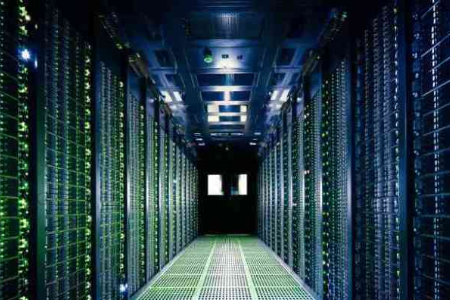What is the difference between an application server and a web server? By strict definition, a web server handles HTTP requests exclusively, while an application server provides business logic to applications over any number of protocols.
Web servers are a common subset of application servers. Web servers deliver static web content -- such as HTML pages, files, images, videos -- primarily in response to Hypertext Transfer Protocol (HTTP) requests from web browsers.
An application server can often serve web content as well, but its primary job is to support the interaction between end-user clients and server-side application code (representing what is often referred to as business logic) to generate and serve dynamic content, such as transaction results , decision support or real-time analytics. A client to an application server can be the application's own end-user UI, a web browser, or a mobile application, and client-server interactions can take place over any number of communication protocols.
In practice, however, the line between web servers and application servers has become more blurred, especially as web browsers become the application clients of choice and user expectations for web applications and web application performance continue to rise .

Most web servers support plugins for scripting languages (eg ASP, JSP, PHP, Perl) that enable the web server to generate dynamic content based on server-side logic. An increasing number of application servers not only contain web server functionality, but use HTTP as their primary protocol and support other protocols (eg, CGI and CGI variants) to interface with web servers. They also allow web applications to take advantage of services such as reverse proxying, clustering, redundancy, and load balancing—services that improve performance and reliability, and allow developers to focus less on infrastructure and more on coding.
To add to the confusion, many web servers and some application servers are called or call themselves web application servers. At the end of the day, the most popular web servers and application servers today are a hybrid of the two. Most of the increasingly rich applications we use today feature a combination of static web content and dynamic application content, delivered through a combination of web server and application server technologies.






